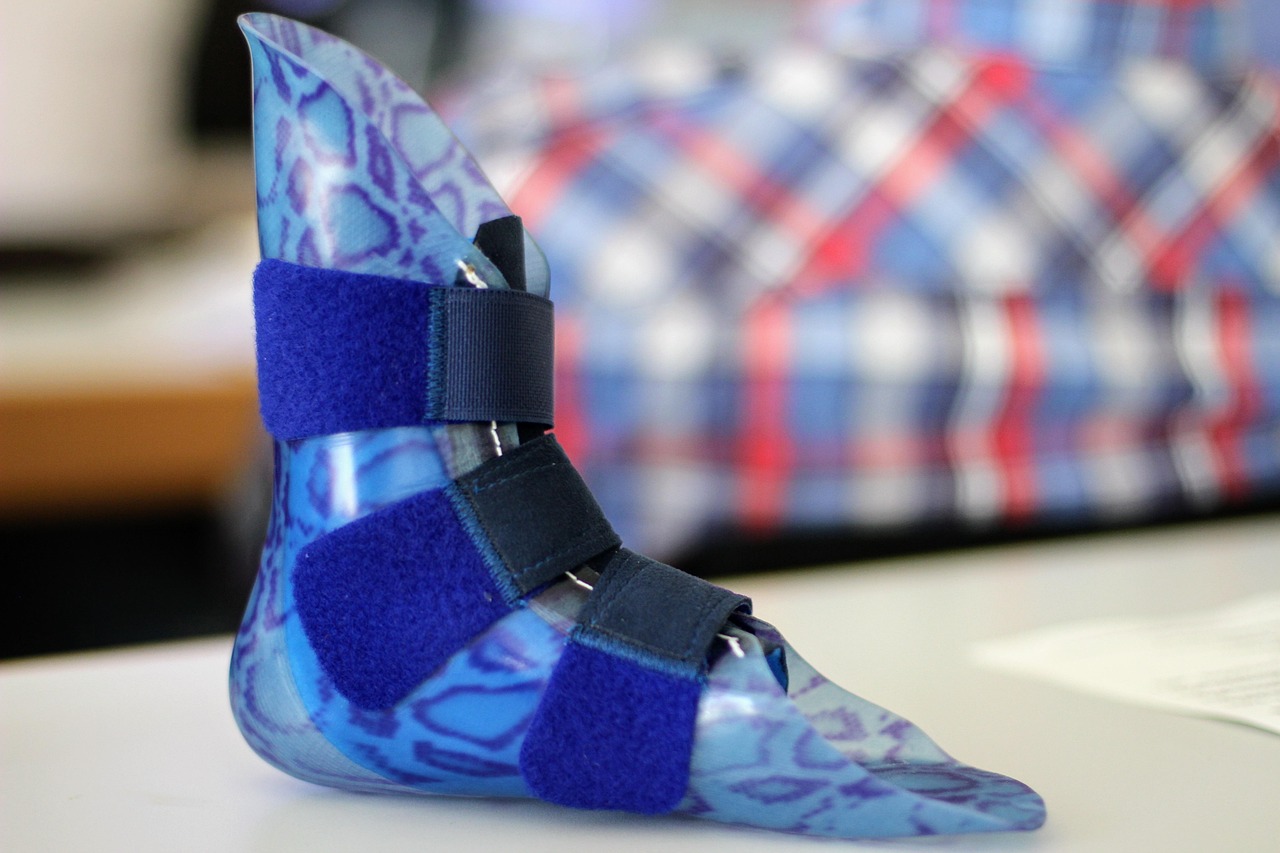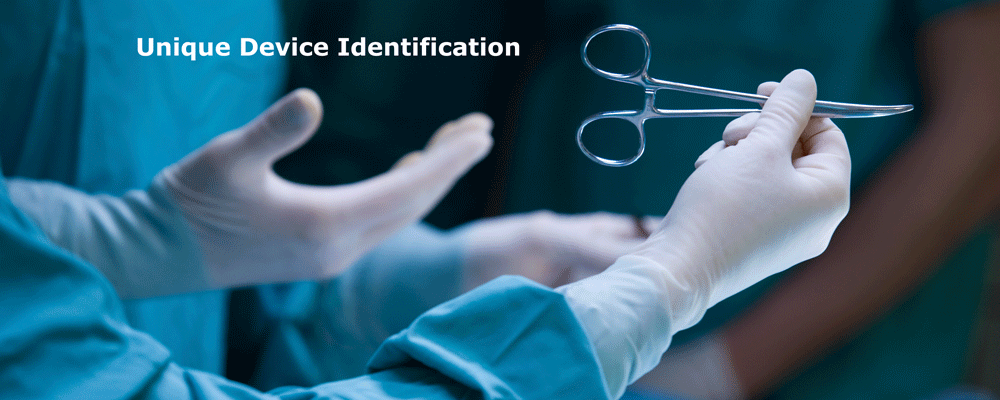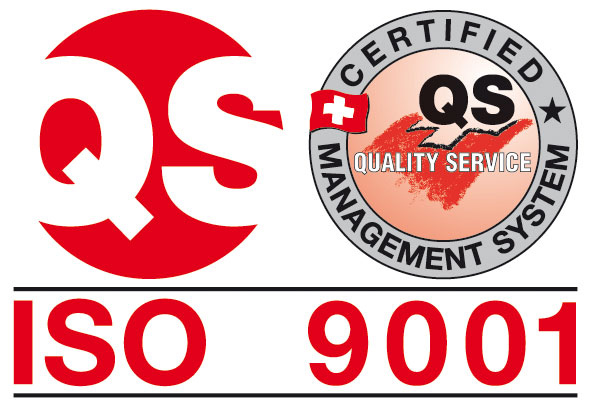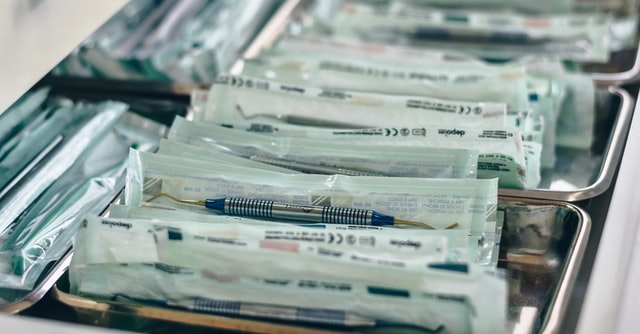
MDR causes shortages of medical devices
The introduction of Unique Device Identification (UDI) means that manufacturers of medical devices are obligated to provide a comprehensive range of product information to health authorities such as EUDAMED. This step has been taken to improve the identification, traceability, and monitoring of medical devices while also combating counterfeiting.
Although the system enables improvement in many areas, it also brings numerous complications. The stricter control guidelines of the European Commission result in shortages of medical products. This development highlights the bureaucratic and financial challenges faced by manufacturers. Particularly, the increasing number of inquiries coupled with limited human resources makes it difficult to handle the growing demand.
MDR slows down innovation and leads to supply bottlenecks
Medical Mountains, a network in the field of medical technology and life sciences based in Tuttlingen, where Ismail Demiralp (CEO Europe IT Consulting) also serves as a speaker, conducted a survey in collaboration with the Spectaris industry association and the German Chambers of Industry and Commerce (DIHK). This revealed that many surveyed companies are under pressure due to lengthy and cost-intensive certification processes, leading to an increasing number of products disappearing from the market. Because of these challenges, many manufacturers decide to stop developing or bringing certain products to the market. Niche products, in particular, are affected.
Another issue is that in 20% of cases, there are no alternatives to the products removed from the market, which has serious consequences and directly endangers the health of patients. Additionally, the tightened control guidelines have negative effects on innovation activities. As a result, products are no longer optimized or improved.
Many companies are now turning to the FDA and considering preferring the US market. Since the FDA’s approval process offers greater planning certainty and fewer bureaucratic obstacles compared to EU approval, companies decide to only sell their products on this market in the future.
A clear example of the differences in approval procedures is balloon catheters. In Germany, the approval of such balloon catheters costs 45 times more than in the USA (3,000 US dollars in the USA and 135,000 euros in Germany). Additionally, the approval time at the FDA is less than 30 days, whereas in Europe, it ranges from 18 to 24 months.
European manufacturers have already voiced their complaints, but so far, there have been no noticeable changes. This development not only threatens the survival of highly innovative companies in Europe but also poses a potential danger to patient safety.
Europe IT Consulting GmbH’s Solution
Our Global Unique Device Identification (UDI) solution provides effective help to manage all the challenges of the new UDI Regulations. With our offering, we can help you successfully overcome these challenges while optimizing your business processes.
Utilizing our experience and expertise from numerous SAP development projects, we can find and implement an individual and optimal solution for your company.
Our solution supports you in maintaining your UDI-relevant products in SAP and transferring them to medical device databases.
For more information about UDI :
Are you interested?










Related Posts